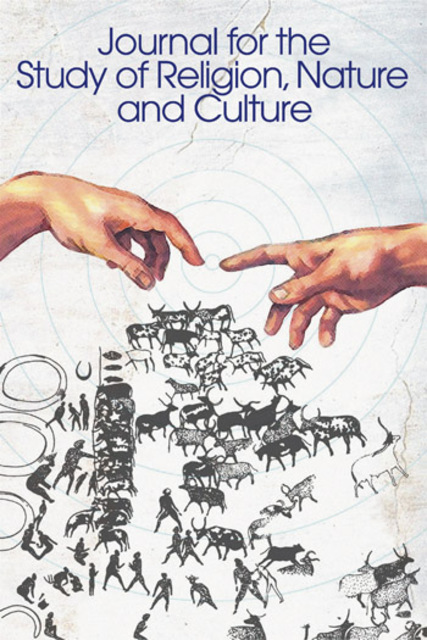Waste and Worldviews: Garbage and Pollution Challenges in Bhutan

Full description
The global trend toward urbanization has led to increasing waste challenges, especially in developing countries. Although Bhutan is still one of the world’s least developed countries, its economy and capital city have grown rapidly during the past two decades, causing solid waste production to outstrip management capacity. The government instituted new waste management initiatives in 2007, but they gained little traction. Ethnographic research in communities across the country revealed competing paradigms about the identication of waste, the disposition of waste, and household practices of waste management. Vajrayana Buddhism, the dominant religion throughout much of the country, profoundly shapes local beliefs and practices. Local environmental imaginaries and cultural concerns about ritual pollution have con?icted with technocratic management protocols, leading to confusion and incompletely implemented policies. Waste management policies may be more effective if they engage with the values and practices inherent in a lived religion that contributes to cultural understandings of waste.
- typeImage
- created on
- file formatjpeg
- file size107 KB
- container titleJournal for the Study of Religion, Nature and Culture
- creatorElizabeth Allison
- issn1749-4915 (online)
- issue8.4
- publisherEquinox Publishing Ltd.
- publisher placeSheffield, United Kingdom
- rightsEquinox Publishing Ltd.
- volume
- doi
We use cookies to analyze our traffic. Please decide if you are willing to accept cookies from our website. You can change this setting anytime in Privacy Settings.
